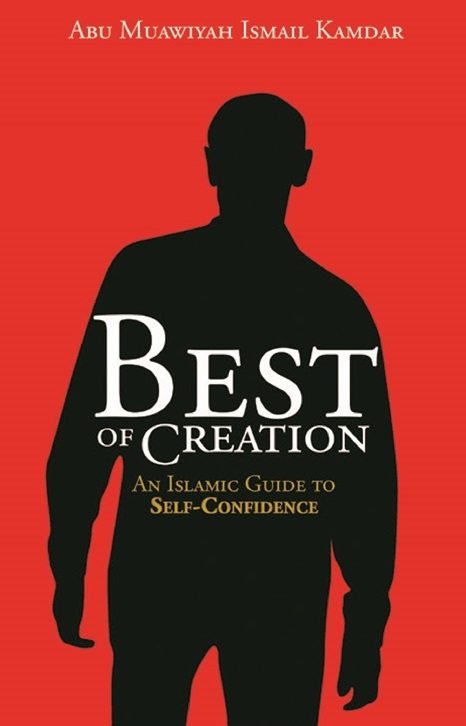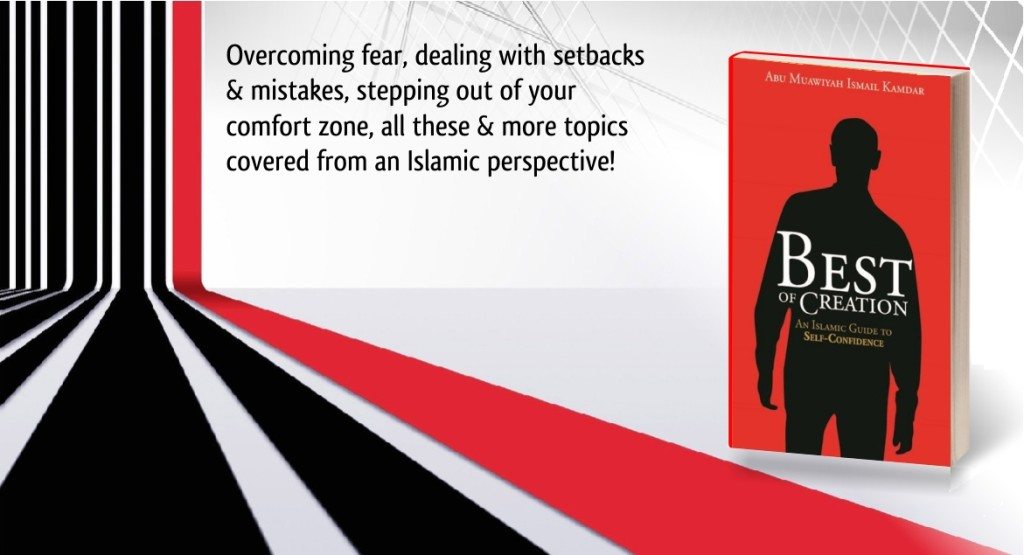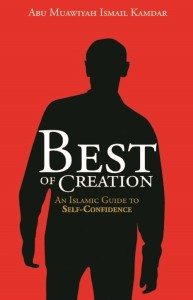The Islamic Position on Wealth:
“You shall certainly be tested with your wealth and properties and in your own selves,” (Surah Al-Imran, 3:186)
Some of us look down upon the wealthy, and regard the pursuit of Halal wealth as evil. In doing so, we limit their own potential and get in the way of our own success. If you look at the Sahaba, many of them were wealthy businessmen and this did not take away from their piety at all. Classic examples of this include Abu Bakr, Umar, Uthman and Abdur Rahman Ibn Auf who were all wealthy businessmen and among the ten greatest companions (Ashara Mubasharrah).
In fact, through their Halal wealth they were able to do more good deeds than others by engaging in charity and humanitarian efforts that those with less wealth couldn’t do. The prophet (peace be upon h im) never condemned them or stopped them from doing business and getting richer. He just emphasized that the wealth should be Halal, spent on good things and should not consume the heart in a way that leads to the disobedience of Allah or the oppression of his creation.
im) never condemned them or stopped them from doing business and getting richer. He just emphasized that the wealth should be Halal, spent on good things and should not consume the heart in a way that leads to the disobedience of Allah or the oppression of his creation.
The following narration is evidence that the Prophet (peace be upon him) and his companions regarded Halal wealth as a good thing:
Abu Hurairah reported that the poor amongst the emigrants came to the Messenger of Allah (peace be upon him) and said, “The wealthy have obtained the highest ranks and the lasting bliss,” The Prophet (peace be upon him) said, “How is that?” They said, “They pray as we pray, and they observe fast as we observe fast, and they give charity but we do not give charity, and they set slaves free but we do not set slaves free,”
Upon hearing this, the Messenger of Allah (peace be upon him) said, “Shall I not teach you something by which you will catch up with those who have preceded you, and get ahead of those who come after you, only those who do as you do will excel you?” They said, “Yes, Oh Messenger of Allah.” He said, “Praise Allah, declare His Greatness, and Praise Him thirty-three times after every prayer,”
Abu Salih said that the poor amongst the emigrants returned to the Messenger of Allah (peace upon him) saying, “Our brothers, the wealthy have heard what we have done and they did the same,” So the Messenger of Allah (peace be upon him) said, “This is Allah’s blessing which He gives to whom He wishes.” (Saheeh Muslim 4:1239)
In this narration, it is clear that the Prophet (peace be upon him) and his companions viewed wealth as a blessing from Allah that can be used for great deeds, and they competed in doing such deeds. In fact, the poorer companions envied the wealthy companions, not for any negative reason, but because they wanted to do as much charity work as their wealthier brothers. This teaches us the Islamic position towards wealth, it is part of Allah’s provisions to us which can be used for good or evil. The wealth itself isn’t a problem, how we earn and spend it is what matters.







